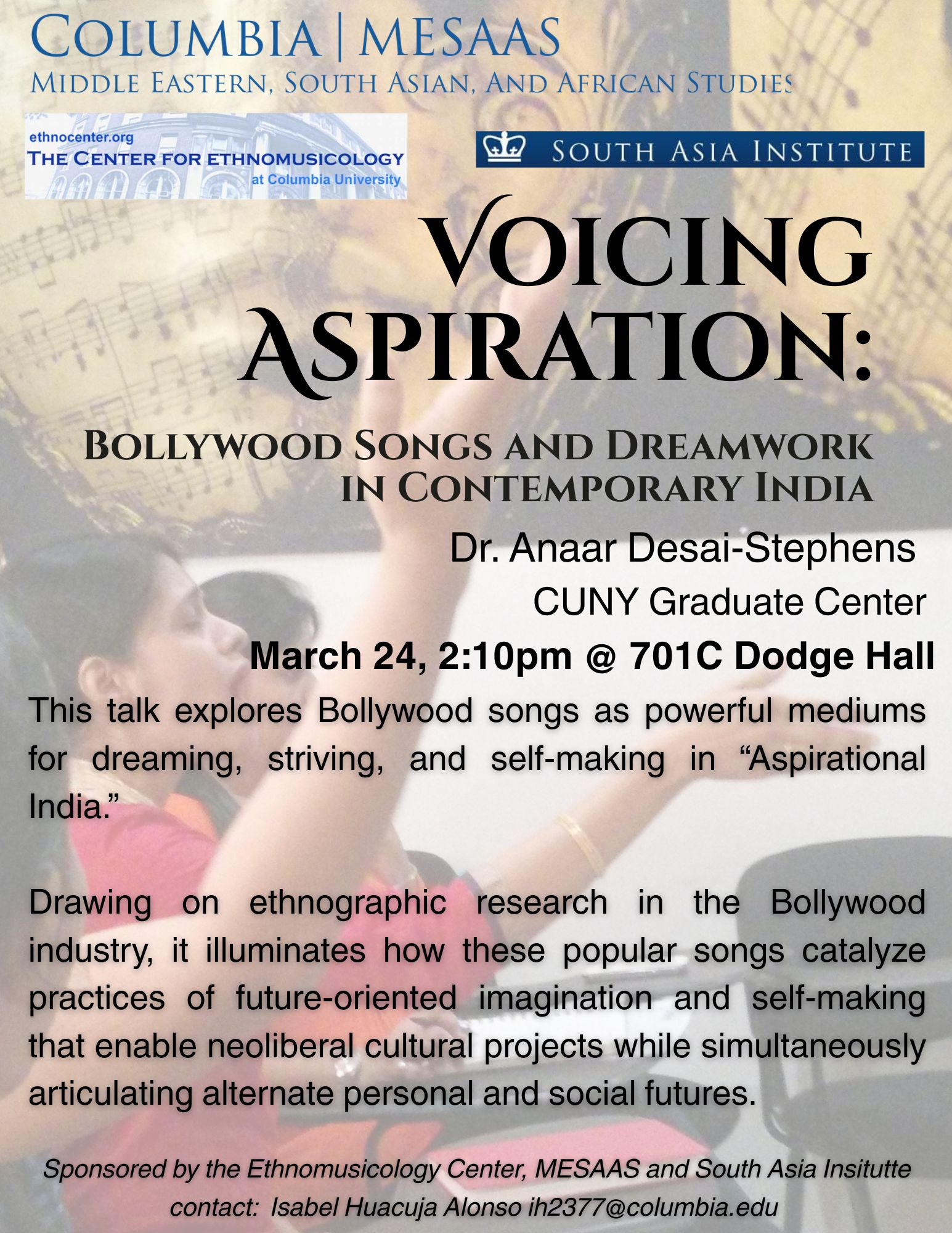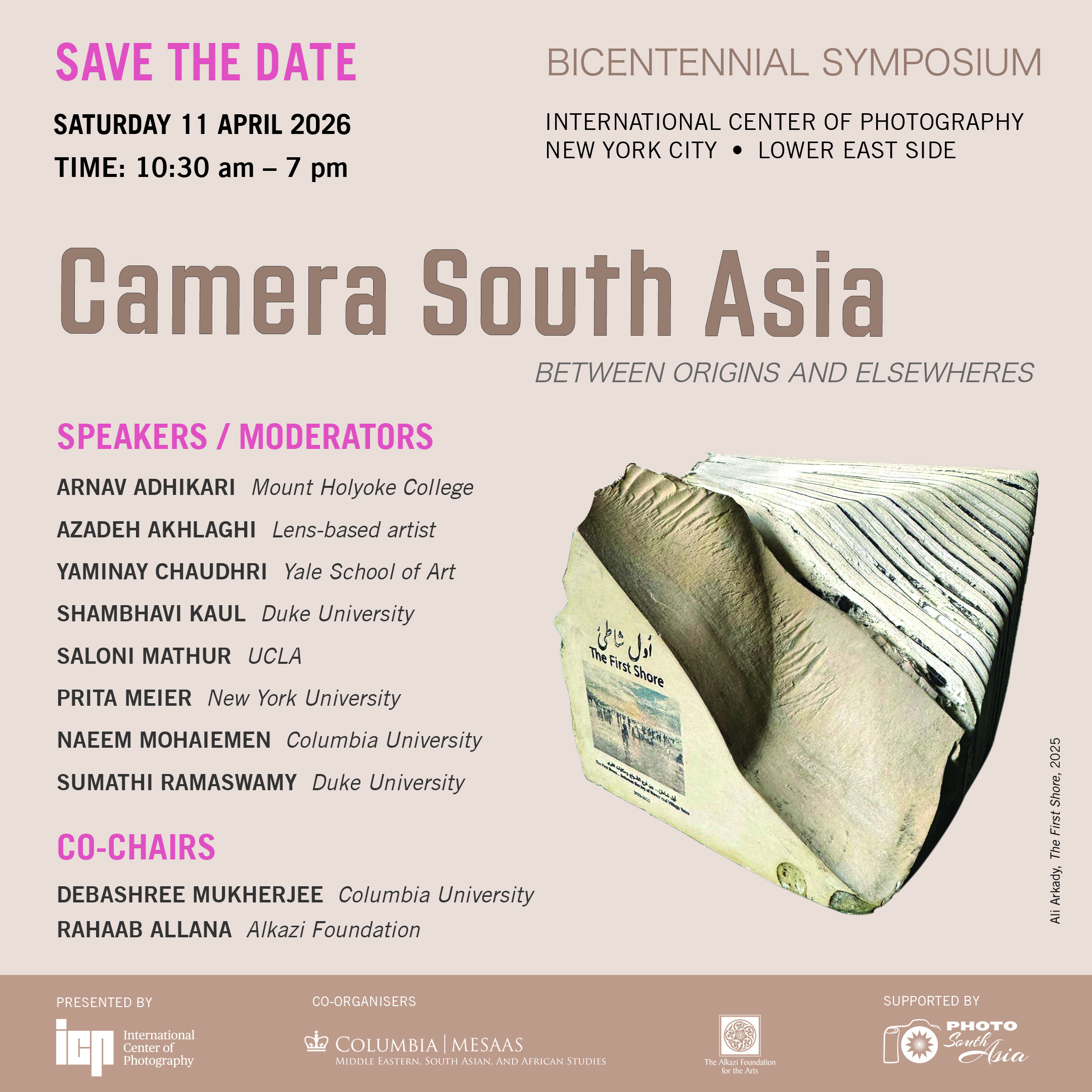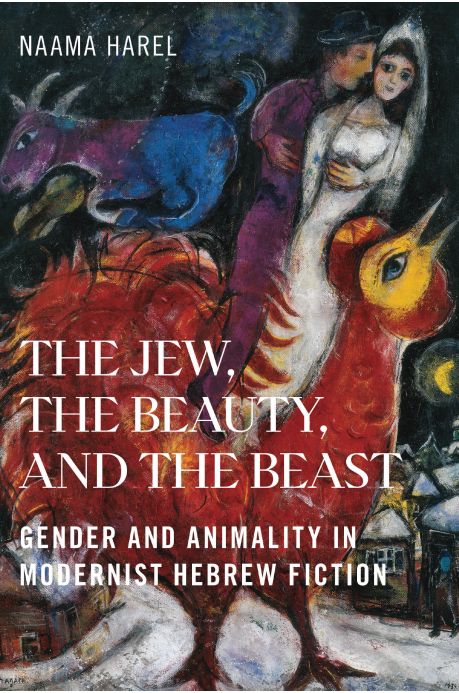WELCOME TO MESAAS
WELCOME TO MESAAS
WELCOME TO MESAAS
WELCOME TO MESAAS
- MESAAS Summer enrollment openMarch 5, 2026
- Mahmood Mamdani named recipient of 2026 Malcolm X & Dr. Betty Shabazz Vanguard AwardFebruary 10, 2026
- Language Placement Exams Spring 2026January 16, 2026
- Call for Papers-2026 MESAAS Graduate Student ConferenceJanuary 12, 2026
- Khatchig Mouradian awarded 2025 HAVI grant by Schmidt SciencesDecember 15, 2025
march 2026
27mar2:00 pm- 4:00 pmBook Talk: Handbook of the Late Ottoman Empire co-edited by Khatchig Mouradian
Event Details
The I.B. Tauris Handbook of the Late Ottoman Empire: History and Legacy, co-edited by Hans-Lukas Kieser and Khatchig Mouradian, was published by Bloomsbury in November 2025. Bringing together contributions from fifty
more
Event Details
The I.B. Tauris Handbook of the Late Ottoman Empire: History and Legacy, co-edited by Hans-Lukas Kieser and Khatchig Mouradian, was published by Bloomsbury in November 2025. Bringing together contributions from fifty established and emerging scholars, the volume surveys the rich body of research produced in recent decades on the late Ottoman period and its enduring legacies. Organized into seven chronological sections and comprising thirty-four chapters and eight supplementary essays, the 792-page handbook guides readers from the late eighteenth century through the early twenty-first century.
For more information, click here: https://www.bloomsbury.com/us/ib-tauris-handbook-of-the-late-ottoman-empire-9780755644490/
Time
(Friday) 2:00 pm - 4:00 pm
april 2026
11aprAll DayCamera South AsiaBetween origins and elsewheres
Event Details
We are pleased to announce the 3rd edition of "Camera South Asia," a collaborative symposium convened by Prof. Debashree Mukherjee (MESAAS) and Rahaab Allana (Alkazi Foundation, Delhi). This year the
more
Event Details
Camera South Asia: Between Origins and Elsewhere, an all-day symposium.
Marking the bicentennial of photography, Camera South Asia revisits the question of origins by treating it as both spatial and temporal. Rather than returning to stories of invention or singular beginnings, the symposium turns to movement—circulation, transit, displacement, and dissonance—as a constitutive force in the life of images. We take New York as our point of reference—a city shaped by diasporic aspiration and uneven arrival—and approach South Asia not as a fixed geography, but as a field marked by itineraries of migration.
Recent political shifts in Bangladesh, Nepal, and Sri Lanka, and ongoing political struggles in India, Pakistan, and Iran underscore the urgency of thinking creatively between ideas of identity, history, and change. Camera South Asia III thus engages hybridity and difference not as inherited identities, but as practices shaped through encounter and return. Across historical archives and speculative futures, the artists, scholars, and curators assembled in this edition attend to mobility in its uneven forms—coerced and chosen, precarious and enabling—pointing toward futures that are neither singular nor settled, but continually unfolding in plural elsewheres.
Time
All Day (Saturday)
Location
International Center of Photography
84 Ludlow Street
23apr - 24apr 239:00 amapr 24MESAAS Graduate Student Conference 2026
Event Details
The Department of Middle Eastern, South Asian, and African Studies at Columbia University is pleased to invite academic essays from graduate students
more
Event Details
The Department of Middle Eastern, South Asian, and African Studies at Columbia University is pleased to invite academic essays from graduate students and early career scholars from across universities and departments for the 2026 Graduate Conference to be held on the 23rd and 24th of April 2026. The annual MESAAS graduate conference has been an enriching space for scholars, activists, and artists to confront and examine issues of political, social, and ethical concern that connect regions of the global south. This year, our conference invites abstracts for the theme, (Re)Tracing Land in the Middle East, South Asia, and Africa.
Time
23 (Thursday) 9:00 am - 24 (Friday) 7:00 pm
Location
208 Knox Hall
may 2026
There are no Events for this month. Please check back soon
 Catalogue of “Adabistan Library” published with introduction by Timsal Masud
Catalogue of “Adabistan Library” published with introduction by Timsal Masud My Father, the Messiah by Gil Hochberg published by Duke University Press
My Father, the Messiah by Gil Hochberg published by Duke University Press The Alibi of Capital: How We Broke the Earth to Steal the Future on the Promise of a Better Tomorrow by Timothy Mitchell published by Verso
The Alibi of Capital: How We Broke the Earth to Steal the Future on the Promise of a Better Tomorrow by Timothy Mitchell published by Verso The Jew, the Beauty, and the Beast by Naama Harel published by Rutgers University Press
The Jew, the Beauty, and the Beast by Naama Harel published by Rutgers University Press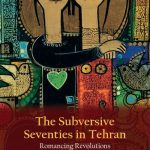 The Subversive Seventies in Tehran by Hamid Dabashi published by Edinburgh University Press
The Subversive Seventies in Tehran by Hamid Dabashi published by Edinburgh University Press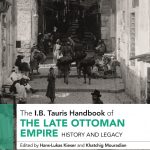 Handbook of the Late Ottoman Empire co-edited by Khatchig Mouradian published by Bloomsbury
Handbook of the Late Ottoman Empire co-edited by Khatchig Mouradian published by Bloomsbury Radical Separation of Powers by Wael Hallaq published by Oneworld Press
Radical Separation of Powers by Wael Hallaq published by Oneworld Press Slow Poison by Mahmood Mamdani published by Harvard University Press
Slow Poison by Mahmood Mamdani published by Harvard University Press


